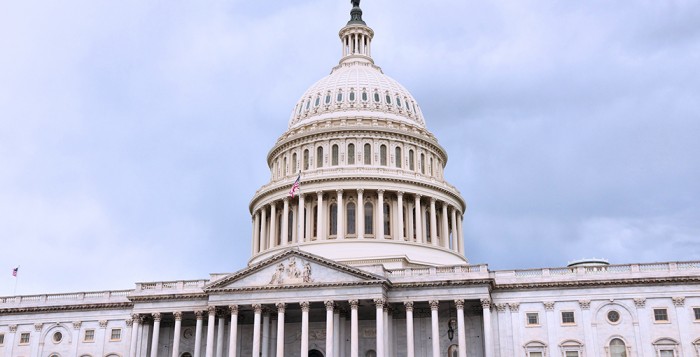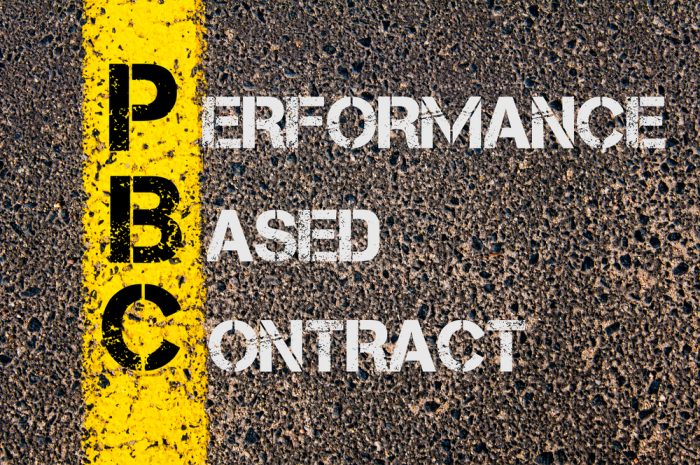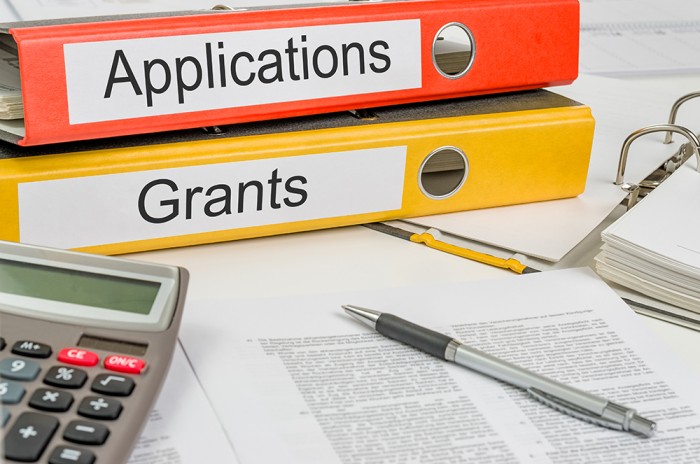OPEN MINDS: The DSP Talent Challenge
Article reprinted with permission from OPEN MINDS. To sign up for a free OPEN MINDS news feed on https://www.openminds.com/market-intelligence/, go to https://www.openminds.com/membership/.
PA Senator James Malone Attends RCPA Member Acadia NeuroRehab (Division of Success Rehabilitation, Inc.) With RCPA Rehabilitation Services Director Melissa Dehoff
News Updates from RCPA Member Children’s Service Center of Wyoming Valley
RCPA Member CSC Appoints Christopher Boyle as President & CEO
Christopher Boyle has been named President and CEO of Children’s Service Center of Wyoming Valley, effective July 1. He succeeds Mike Hopkins who led the organization since 2008. The two leaders have worked closely over 17 years, facilitating unprecedented growth to now serve 15,000 people of all ages annually. Boyle previously served as Chief Operating Officer overseeing mental health and primary care operations, and as Chief Human Resources Officer since 2008. Prior to CSC, Boyle worked in progressive leadership roles in human resources and financial management at American Asphalt and Pride Mobility Products Corporation. He graduated from Delaware Valley College with a bachelor’s degree in business administration and a focus in accounting.
Clarification for the 6100 Annual Incident Management Training Requirements
The Office of Developmental Programs (ODP) has shared ODPANN 25-069. This communication announces:
- A direct path to annual training requirements for IM and protective services for Providers and Supports Coordination Organizations (SCO) as outlined in the Chapter 6100 Regulations.
- A new condensed IM training module that meets 6100.143 (c) (4) requirements.
The module can be found on MyODP by navigating to the “topics” tab and clicking on “Incident and Risk Management” in the dropdown, then clicking on Incident Management Annual training as pictured below OR by this link.
Please view the announcement for additional information and details.
RCPA Shares Update on Medicaid and the “One Big Beautiful Bill”
The passage of the “One Big Beautiful Bill Act” has made significant changes to Medicaid, the Children’s Health Insurance Program, and Medicare, with strict requirements to maintain Federal support and criteria to qualify and maintain enrollment in Federal healthcare programs. There are several key provisions that will result in hundreds of thousands of Pennsylvanians losing access to healthcare:
- “Community Engagement” Requirements which will require able-bodied adults to study, work, or volunteer for a minimum of 80 hours per month for expansion enrollees aged 19 – 64.
- There are exceptions to these work requirements for people who are: enrolled in Medicare; incarcerated (and for 90 days following incarceration); pregnant or receiving postpartum coverage; Urban and California Indians; are caretakers of dependents under the age of 14; veterans with a total disability rating; are “medically frail”; participate in SNAP and are not exempt from its work requirements; or who have a substance use disorder or a disabling mental disorder (though neither of those exemptions are clearly defined). In addition, individuals who are participating in a drug or alcohol treatment and rehabilitation program (as defined in section 3(h) of the Food and Nutrition Act [FNA] of 2008) are exempt. However, FNA defines drug addiction or alcoholic treatment and rehabilitation programs as “any such program conducted by a private nonprofit organization or institution.” With no clear guidance at this point on how an individual is determined to qualify as having an SUD, the definition of drug addiction or alcoholic treatment and rehabilitation program could be an issue for for-profit providers.
- States may request an exemption for 2027 and 2028 if they show a “good faith” effort to implement the program.
- Limits to certain non-citizen access to federal health services, which will prevent certain individuals from enrolling in or receiving Medicaid or CHIP benefits. Medicaid will no longer be available to refugees, asylees, victims of trafficking, or other people under temporary protected status, with certain exceptions.
- Eligibility redeterminations must be made every six months for Expansion enrollees. Individuals who are exempt from the community engagement requirements are also exempt from the bi-annual eligibility redeterminations.
Additional Resources:
- For a summary of the entirety of the Big Beautiful Bill, view the Comprehensive Holland and Knight Analysis.
- For a complete timeline, impacts on enrollees, providers, and the State, visit here.
ODP to Host SCO Overview of Performance-Based Contracting on July 28
Join the Office of Developmental Programs (ODP) for the first Supports Coordination Organizations (SCO) Summit. ODP staff will discuss major changes to Performance-Based Contracting (PBC) due on feedback received from public comments, review preparedness tools, and provide additional detail about future SCO PBC Summits.
Audience: Supports Coordination Organizations (SCO)
Date: July 28, 2025, 1:00 pm – 2:30 pm
Request for Your Support for the RCPA PAC
The Rehabilitation and Community Providers Association Political Action Committee (RCPA PAC) is asking members to consider making a personal contribution to the PAC. With these donations, we have been successful in supporting legislative leadership who understand the severe challenges facing many of our providers. These representatives are willing to stand up for our issues as we fight to move Pennsylvania forward.
We urge you to view our 2025 Legislative & Administrative Priorities to see how RCPA is working, and will continue to work, for you. We are able to achieve these goals thanks to our members’ dedication and contributions.
Make an online contribution and advocate for yourself today. While the request is voluntary, we encourage you to make a contribution of $100, $250, $350, $500, or more to the RCPA PAC. If you are interested, you can also consider making a recurring monthly donation.
If you have any questions regarding the RCPA PAC or making a donation, please contact Jack Phillips, Director, Government Affairs.
SAMHSA Announces Grant Funding for Community Health Providers Hepatitis C Elimination Initiative Pilot
The Department of Health and Human Services (HHS), through the Substance Abuse and Mental Health Services Administration (SAMHSA), is announcing the notice of a funding opportunity (NOFO) for a new Hepatitis C Elimination Initiative Pilot. SAMHSA estimates awarding between 13 to 40 grants. This grant will be up to three years, and the amount funded will be based on a tiered system explained in the NOFO. Applications are due no later than August 1, 2025.
The purpose of the Hepatitis C Elimination Initiative Pilot is to leverage existing health care institutions’ capacity to prevent, test for, treat, and cure Hepatitis C (HCV) in individuals with substance use disorder (SUD) and/or severe mental illness (SMI), particularly in communities severely affected by homelessness, as well as to gain insights on effective ways to identify patients, complete treatment, and reduce reinfection. Recipients of this program are expected to implement a holistic approach that integrates HCV and HIV testing, comprehensive prevention treatment, and recovery support services for SUD, SMI, hepatitis C, and HIV as needed. Through this initiative, SAMHSA aims to increase the number of individuals who are cured of HCV, reduce the incidence of HCV and HIV in grant-funded communities, and help address the intersection of SUD, SMI, infectious disease, and homelessness in high-need populations across the nation.
The NOFO and application details can be found at the following websites:
This is a unique opportunity for Certified Community Behavioral Health Centers (CCBHC), as many CCBHCs may have the infrastructure to support this grant and may find this pilot to be aligned with their CCBHC programming.
To prepare and submit an application for the Hepatitis C Elimination Initiative Pilot, it is essential to refer to the specific NOFO and the FY 2025 NOFO Application Guide. The Application Guide provides detailed instructions on the application process, including registration requirements, attachment completion, budget preparation, and adherence to federal policies and regulations.
SAMHSA requires applicants to download application forms from the Grants.gov website and may need additional forms from the SAMHSA website. It is crucial to ensure that all required forms are completed and included in the application. Incomplete applications without all the necessary forms may be deemed ineligible for review.


















